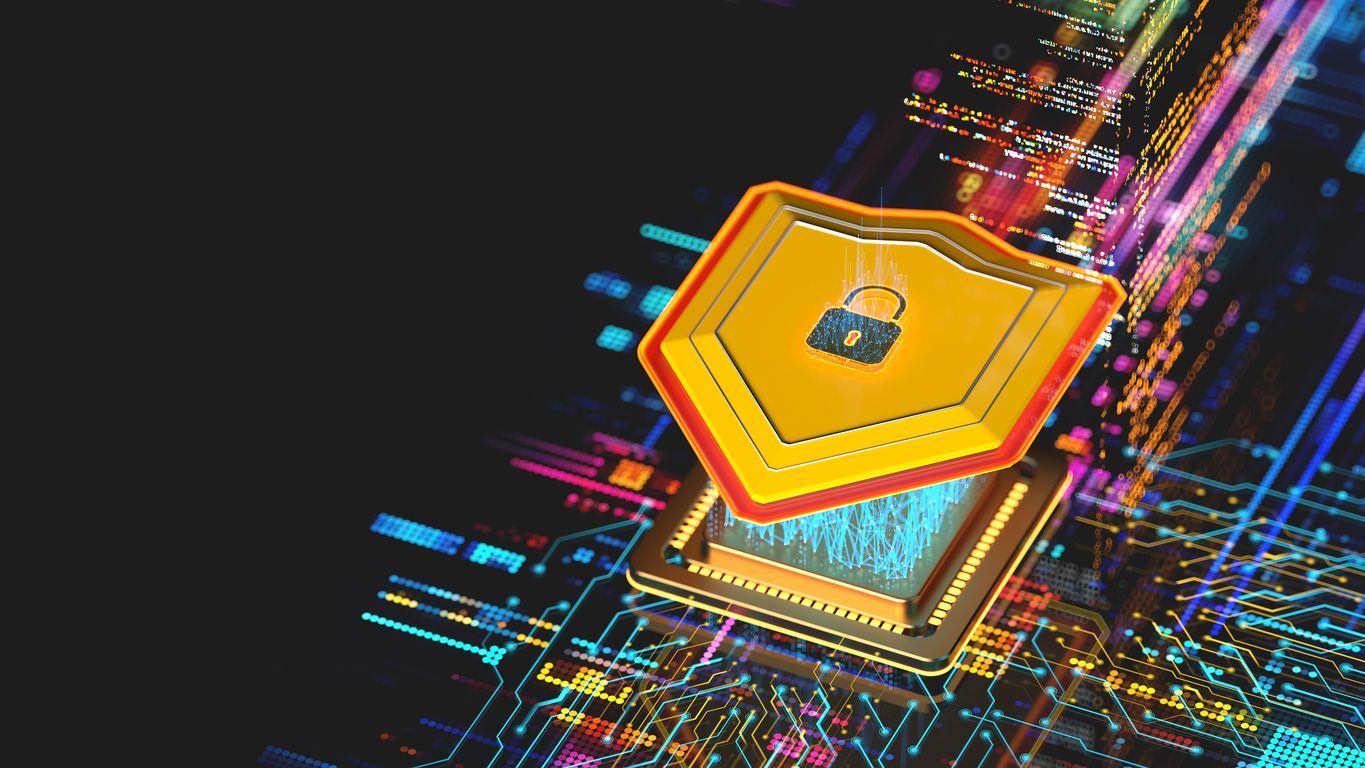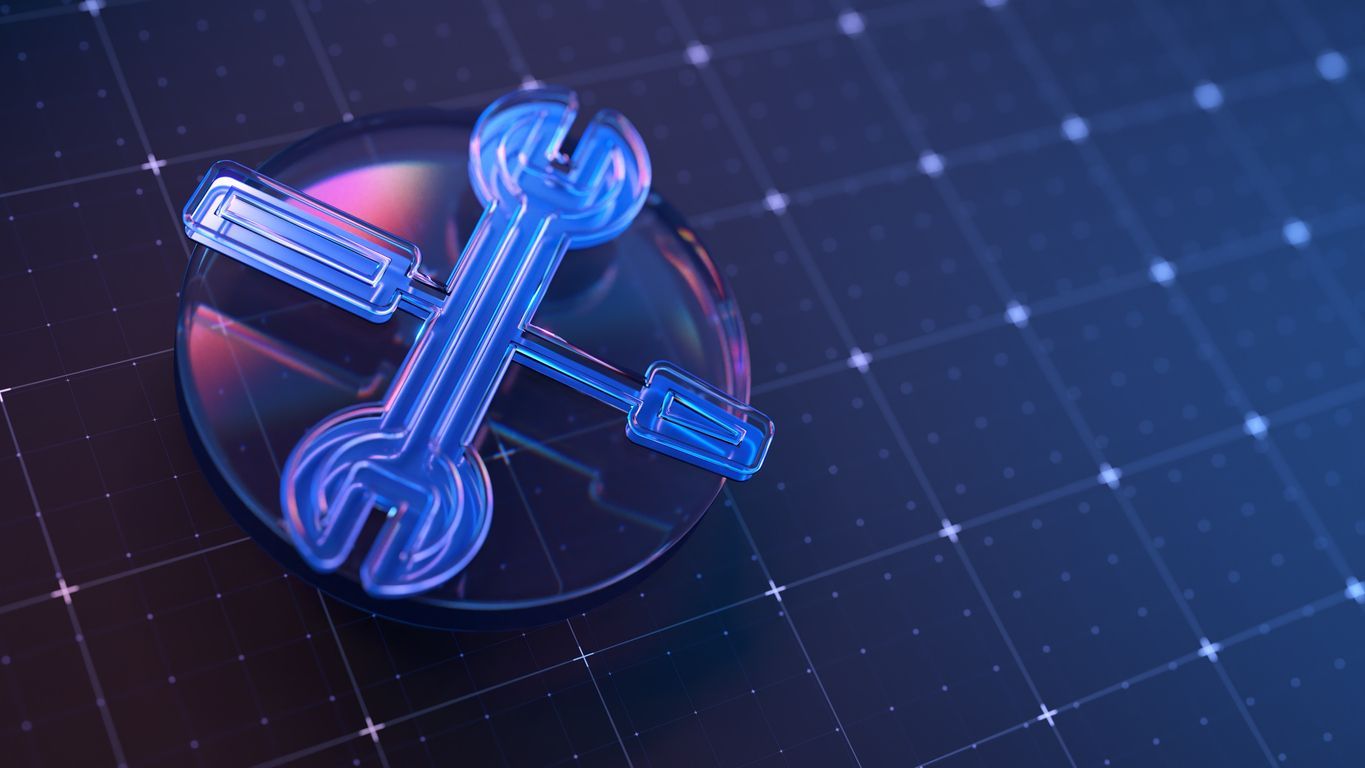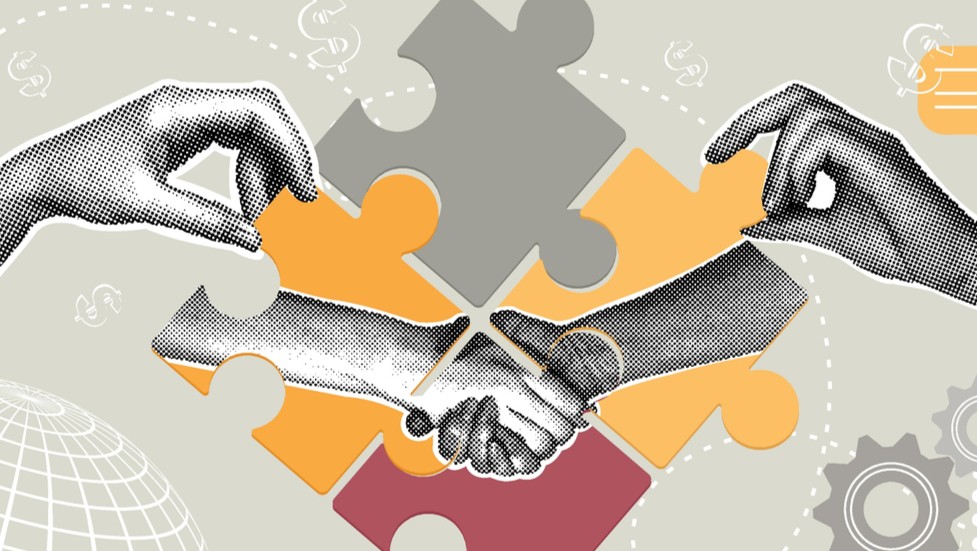Paul Nebb is no stranger to high-pressure situations. He’s been an emergency medical technician for nearly 17 years.
Disaster preparedness isn’t a new discipline either for Nebb, who earned a master’s degree in law and terrorism from Farleigh Dickinson University before ultimately launching a career in IT.
“”All of our managed services clients, when we brought them on, in some way whether they wanted it or not, whether they knew it or not, we wrote a quick business continuity paragraph for them of how would we get them up and running if their office wasn’t there tomorrow,”” says Nebb, who today is CEO of Titan Technologies LLC, an MSP in Marlboro, N.J.
What those plans didn’t anticipate, he continues, is a scenario in which offices are there but people are either banned from being in them or afraid to work from them.
Yet that’s exactly the scenario Nebb and many other channel pros find themselves in at present, as state and local governments fighting the COVID-19 pandemic impose restrictions that in New Jersey include a prohibition against gatherings of 50 or more people, a voluntary overnight curfew, and the closure of all gyms, restaurants, and movie theaters, with schools set to close on Wednesday.
“”Those are the kinds of things we were surprised about,”” Nebb says. “”We’ve never seen something like this before where people or entire companies have to work from home.””
Helping its 100 clients cope with that new reality has been a challenge for Titan, a five-person company that’s now working remotely itself. “”We’ve been almost around the clock since last Thursday,”” says Nebb, who describes his job these days as “”IT first responder.””
About 70% of Titan’s customers had at least some tools for remote work in place before the Coronavirus outbreak. Others had nothing, and even many of the partially prepared businesses never contemplated doing this much telecommuting for what’s likely to be a long time. Nebb and his staff have been performing a kind of technology triage process with everyone aimed at taking the most critical steps first and getting to everything else gradually.
“”Give me three, four things and then tell me what we should be adding on every day,”” Nebb tells clients. “”This way it gives them a chance to work enough to give us a chance to work.””
What makes the top of the priority list varies company by company. For organizations with no remote access technology at all, getting a VPN or other means of connecting to the office from home into place is job number one. “”Since last Wednesday, we’ve been building terminal servers,”” Nebb says.
For a fitness center chain he supports, on the other hand, a first step was getting status updates out to customers via the company’s ConnectMeVoice VoIP solution.
Other clients have been focused on getting people connected to each other via online collaboration platforms, with assistance and instruction from Titan. “”I sent out a recording I did on Zoom and kind of a tutorial to clients on how they can implement Zoom and just the basics of how to use functions,”” Nebb says. “”We’re going to be doing another micro-class tomorrow on Microsoft Teams.””
Titan employees played a more direct role last weekend helping some of the houses of worship the firm supports stream services online. “”We have a tech moderating Zoom meetings for some services. Other services they’re streaming to their Facebook page,”” Nebb explains.
Getting schools set up for distance learning is another urgent mission at the moment, made more difficult by the fact that not every student has access to the gear they need at home. “”We have a handful of computers that came off lease. I’m going to be putting out an email tomorrow if anyone needs them,”” Nebb says. “”They’re not really suitable for business, but they’ll work for someone’s kid at home.””
Though the COVID-19 crisis is still in its infancy, relatively speaking, hard won experience has already taught Nebb some guidelines that he urges other channel pros to follow:
Communicate with your clients early and often. “”One thing that I’ve learned and that I see is there’s no such thing as over communication, especially at times like this,”” Nebb says. “”We’ve been really getting the word out, making sure that our clients know that we’ve got their back and if they need us, we’re here for them.”” Don’t worry about being a nuisance, he adds. His customers have been nothing but thankful for the outreach so far.
“”The feedback from our clients has been overwhelming,”” Nebb says.
Don’t let urgent needs lead you to compromise security. “”We’re telling people left and right, ‘Hey, don’t do risky stuff. Don’t just turn on [Remote Desktop Protocol] because you can and to get people running, because you’re going to forget to turn it off,'”” Nebb says. And don’t forget security awareness training for your customers either, he continues. Hackers are already sending out Coronavirus-related phishing attacks.
“”There’s always someone looking to kind of take advantage of you,”” Nebb observes.
Start preparing your clients for the next crisis now. Because for some of them, it’s too late to prepare for this one. Nebb spoke recently with a customer who sent his employees home with their desktops and then asked for help getting them setup. “”I’m like, ‘Well, you can’t just take your computer towers home, because you’ve got to connect back to your server. And remember that firewall we talked about you getting? Well, you don’t have it,'”” Nebb says. There’s a lot you can do for a client in need, but no channel pro is a miracle worker.
Take care of yourself. Nebb is used to long hours. “”I’ve always kind of worked 7 to 7, seven days a week almost,”” he says. The stress he’s dealing with right now is a bit less familiar, however, but Nebb’s making time to ease it. “”I did some yoga this morning just to calm me down,”” he says.













